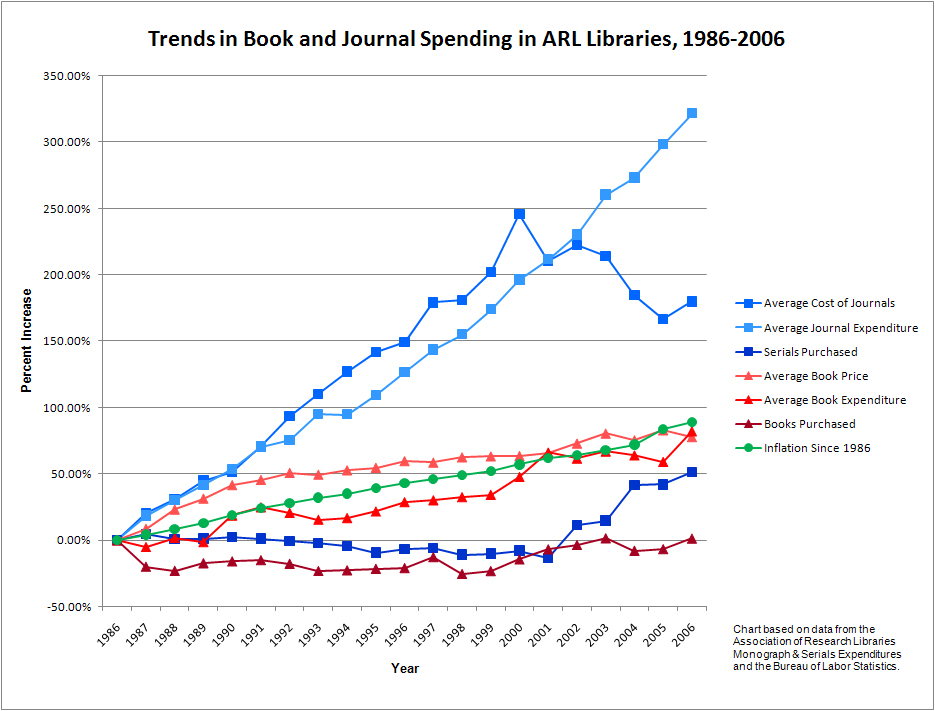
Navigating the Academic Seas: Open Access and the Publishing Crisis
Navigating the Academic Seas: Open Access and the Publishing Crisis https://opusproject.eu/wp-content/uploads/2023/11/arlprices.jpg 935 711 Open and Universal Science (OPUS) Project Open and Universal Science (OPUS) Project https://opusproject.eu/wp-content/uploads/2023/11/arlprices.jpgIn the vast ocean of academia, where knowledge is the currency and research the compass, a crisis has been brewing in the way information is shared and disseminated. The traditional model of academic publishing, often hidden behind paywalls and subscription fees, has given rise to a growing movement advocating for a more open and accessible approach – the Open Access (OA) model.
The Academic Publishing Landscape:
Traditionally, academic research is published in scholarly journals, which act as gatekeepers to scientific knowledge. However, access to these journals often requires hefty subscription fees or one-time payments, limiting access to a privileged few. This exclusivity has led to a crisis, commonly referred to as the “publishing crisis,” where valuable research remains locked behind paywalls, inaccessible to those without the financial means or institutional affiliations.
Open Access as a Solution:
Open Access is a movement seeking to remedy this crisis by making research freely available to the public. In an OA model, articles are accessible online without cost or access restrictions, promoting the democratization of knowledge. This approach aligns with the fundamental principle that research, especially publicly funded research, should be a public good.
Challenges Faced by Open Access:
Despite its noble goals, the Open Access movement faces several challenges. One major hurdle is the financial sustainability of OA journals. Traditional journals often rely on subscription fees to cover publication costs, and transitioning to an OA model requires finding alternative funding sources. This challenge has given rise to debates about the best financial models for sustaining open access without compromising the quality of scholarly work.
Quality and Peer Review Concerns:
Critics of Open Access express concerns about the potential compromise of the peer review process, which is crucial for maintaining the quality and integrity of scholarly publications. Some argue that removing paywalls may undermine the incentive for rigorous peer review, potentially leading to a flood of low-quality or unchecked research. Striking a balance between openness and maintaining academic standards remains a key challenge for the OA movement.
The Role of Institutions and Funders:
In addressing the academic and research publishing crisis, institutions and funders play a pivotal role. Many funding agencies are now mandating that research they support be made openly accessible. Institutions, too, are increasingly recognizing the importance of supporting open access initiatives, contributing to the gradual shift in the academic publishing landscape.
The Future of Academic Publishing: Navigating the Open Access Horizon:
The academic and research publishing crisis, as viewed through the lens of open access, highlights the need for a more inclusive and accessible dissemination of knowledge. While challenges exist, the open access movement represents a step towards breaking down the barriers that have hindered the free flow of information. Striking a balance between financial sustainability and maintaining academic rigor is crucial for ensuring that the seas of academia remain navigable for all who seek knowledge. In the quest for a more open and equitable academic landscape, the winds of change are blowing, and the sails of open access are set to guide us toward a more accessible future.
Photo via Western Illinois University
- Posted In:
- Open Science News




